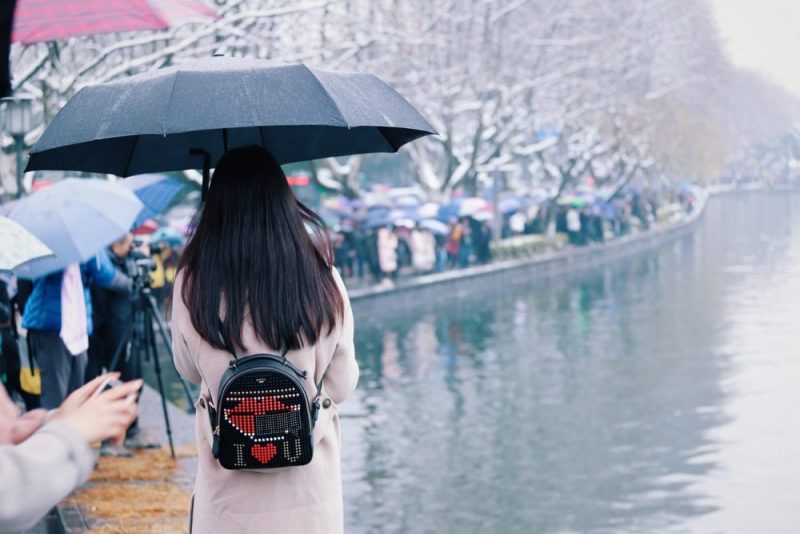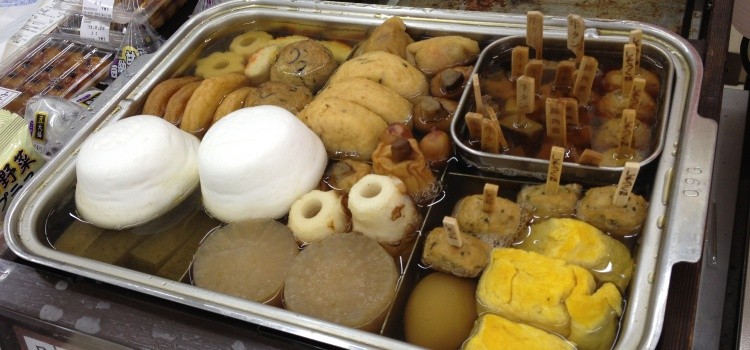Japan is a unique country, but it can present challenges during your trip. Many tourists face situations that can be both uplifting and complicated. In this article, we'll explore some of these difficulties and how to deal with them.
The difficulties addressed here can help you prepare better and avoid potentially serious problems, as well as offering a new perspective on these challenges, turning them into opportunities for a more enjoyable experience.
Table of Content
Difficulties with Climate and Disasters
If you're not used to intense cold, be prepared. Japan also experiences long rainy seasons and typhoons between July and September.
Although it's rare, you may feel a certain fear of earthquakes. Don't worry, there's a saying that you're more likely to be hit by a cow than die in an earthquake in Japan.
Other events that could cause concern include tsunamis, radiation and even attacks from other countries. However, these are only remote possibilities. Japan is actually much safer than many people realize. Weather-related issues and disasters can be easily managed with the right information.

Communication difficulties
Even if you speak Japanese or English, communication can be difficult. If your pronunciation isn't perfect, it can be difficult for Japanese people to understand what you're saying. Focus on learning to pronounce words correctly, rather than memorizing an extensive vocabulary.
Although many Japanese know English, comprehension can be limited. Try to speak slowly and, if possible, combine English and Japanese. It's also useful to know that Japanese people's English accents can be difficult to understand.

Difficulties with Food
Japanese cuisine is rich and varied, and some dishes can be quite different from what you might expect. Dishes like kaiseki can include ingredients that are a mystery even to the Japanese.
You may come across exotic foods that may not be to your taste, such as raw chicken sashimi or natto. However, Japan does not offer foods such as insects or dogs, which are found in some Asian countries. Be prepared to follow the rules of Japanese etiquette and learn how to use chopsticks correctly.
Menus can be complicated, not only because they are in Japanese, but also because they use complicated fonts.

Difficulties with transportation
Finding the right train or station can be challenging. The train lines are complex and, at some small stations, there may be no announcements in Romaji or English. If you miss the last train, which is usually around midnight, you may have to look for a manga café or hostel, or pay for an expensive cab (Uber is more expensive in Japan).
Trains can be crowded, and you may end up being pushed during peak hours. Be prepared and know the rules of the trains. Even with a map, it's possible to get lost in large, confusing neighborhoods.
If you decide to rent a car, be aware that the streets can be extremely narrow and traffic rules can be different. Curves and mountains can make driving a real adventure.

Other difficulties tourists may face
- Hot Springs: Onsens are a unique experience. Study the etiquette to avoid embarrassing situations.
- Sitting on the floor: The Japanese tend to sit on the floor at small tables, which may seem strange at first.
- To bendThe right way to bend can be difficult to master and there is a right angle for every occasion.
- Removing ShoesIn many places, you have to remove your shoes, which can be a challenge for those who aren't used to it.
- MedicationsBring all the medicines you use, as products in Japan can be different and some medicines may require several tablets.
- Toilet bowls: Toilets can be challenging, especially futuristic ones with lots of buttons or hole-in-the-floor ones.
- Bank cardsMany places still prefer cash, and not all ATMs accept credit cards.
- MonkeysBeware of monkeys in the mountains and hot springs; they may try to steal your food.
- Choices and Orientation: Japan is full of small stores, bars and restaurants, and you may find it difficult to decide where to go. Be prepared and have a plan.
- Vertical signs: Be prepared to look out for vertical store and restaurant signs, especially in older areas.
- Big Cities: Japan's big cities, such as Tokyo, can be overwhelming, with crowds, bright lights and plenty of shopping and dining options. Plan your tours in advance and choose quieter neighborhoods if you prefer.

Overcoming Challenges: Tips for an Incredible Journey
- Planning: Research and plan your trip in advance, including transportation, accommodation, tours and activities.
- Flexibility: Be open to new experiences and unforeseen events. Japan is a country full of surprises, and flexibility is key to making the most of your trip.
- Respect for Culture: Respect Japanese culture and customs by adapting to their rules and etiquette.
- Applications and resources: Use translation apps, maps, transport and travel guides to make your journey easier.
- Travel insurance: Take out travel insurance to cover medical expenses, lost luggage and other unforeseen circumstances.
- Positive attitude: Keep a positive and receptive attitude, and remember that challenges are part of the adventure of traveling to a different country.
And you? What challenges did you face or overcome on your trip to Japan? Share your stories and tips in the comments below and inspire other travelers to discover the wonders of this fascinating country! 🇯🇵
remember-if: Japan is a safe and welcoming country, and with a little preparation and flexibility, your trip will be an unforgettable experience. Venture out, explore and enjoy all that Japan has to offer!
